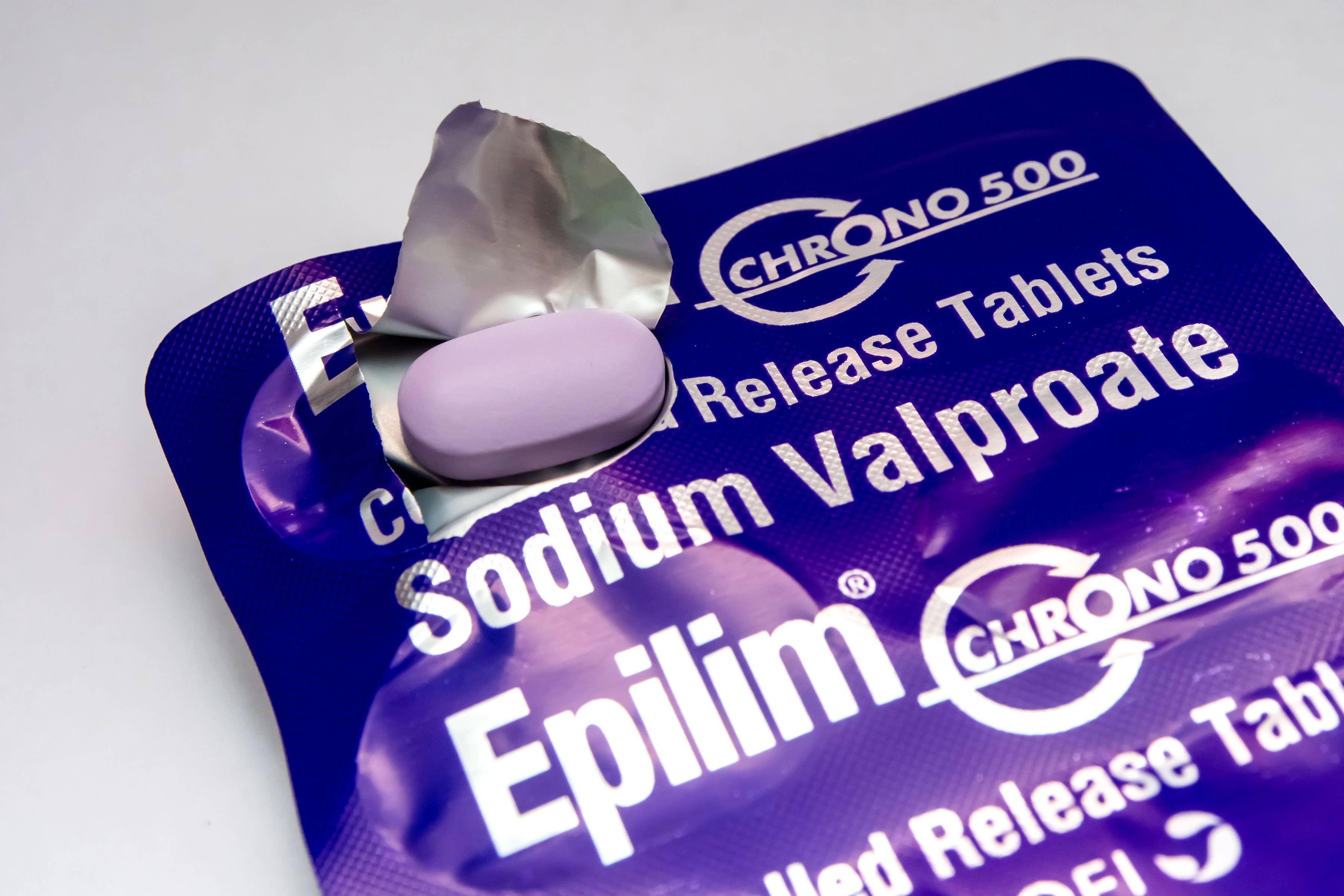Men on epilepsy drug warned to use ‘effective contreception’
In 2018, women and girls of child-bearing age were banned from using the medication without a pregnancy prevention plan in place.

Men taking a drug for epilepsy should should use “effective contraception”, the UK’s medicines regulator has warned, due to an increased risk of neurodevelopmental problems in children conceived while their father is taking the medication.
Patients should also not donate sperm while taking – or up to three months after stopping – valproate which is sold under brand names such as Epilim and Depakote and is also used to treat bipolar disorder.
It comes after women and girls of a child-bearing age were warned not to take valproate without a pregnancy prevention plan in place due to a high risk of birth defects and developmental disorders.
The advice from the Medicines and Healthcare products Regulatory Agency (MHRA) follows a Scandinavian study which suggested a potential association between valproate use in men and a small increased risk of a range of neurodevelopmental disorders in their children, from babies to age 11.
While the risk to a child is lower than the risk associated with a mother taking valproate in pregnancy, we recommend that men taking valproate and their partners follow the updated guidance and use effective contraception
It found five out of 100 children had a neurodevelopmental disorder when born to fathers treated with valproate, compared to about three in 100 born to fathers on other epilepsy medications lamotrigine or levetiracetam.
According to the MHRA, while the study does not prove there is an increased risk to the children of men taking valproate, it is a safety issue that warrants precautionary action.
Dr Alison Cave, chief safety officer at the MHRA, said: “Valproate is an effective medicine in the treatment of epilepsy and bipolar disorder.
“Men taking valproate should be aware that there is now evidence of a potential small increased risk of their child having a neurodevelopmental disorder if their partner becomes pregnant while they are on valproate.”
The MHRA advises that health professionals inform their male patients of the risk at their next treatment review.
It also said patients should not stop taking the medication without advice from a specialist.Since 2018, women and girls of a child-bearing age have been banned from using valproate medicines unless they have a pregnancy prevention programme in place.
Children born to women who take the medication during pregnancy are at a high risk of birth defects or developmental disorders.
Dr Cave added: “While the risk to a child is lower than the risk associated with a mother taking valproate in pregnancy, we recommend that men taking valproate and their partners follow the updated guidance and use effective contraception.“Patients on valproate should not stop taking their medicine unless advised to do so by a healthcare professional. It is important to attend your next appointment in order to discuss your treatment plan.”
New measures brought in from January state new patients – male or female – who are younger than 55 should not be started on valproate unless two specialists independently consider the case, conclude there is no other effective treatment or if reproductive risks do not apply.
Bookmark popover
Removed from bookmarks